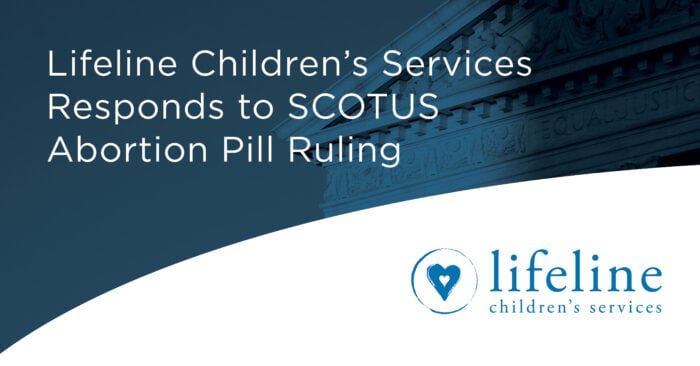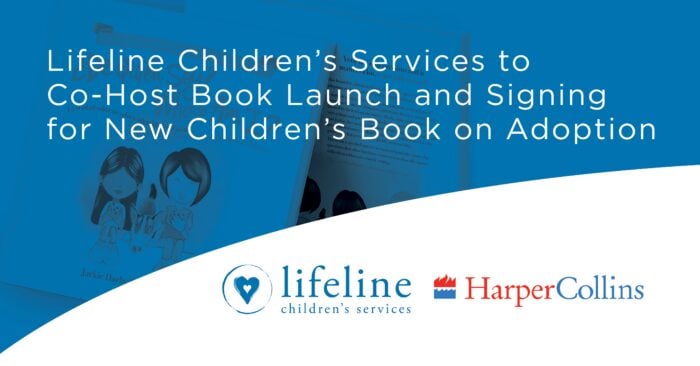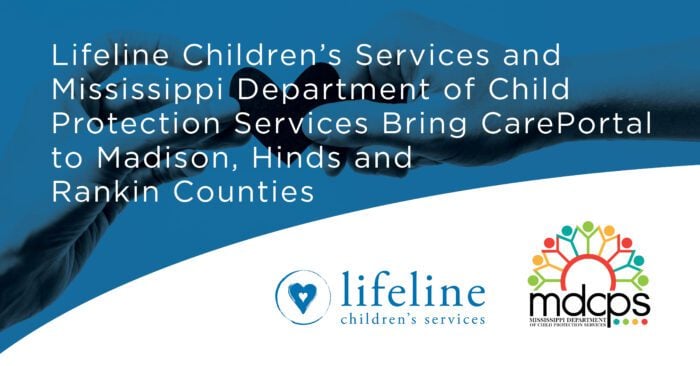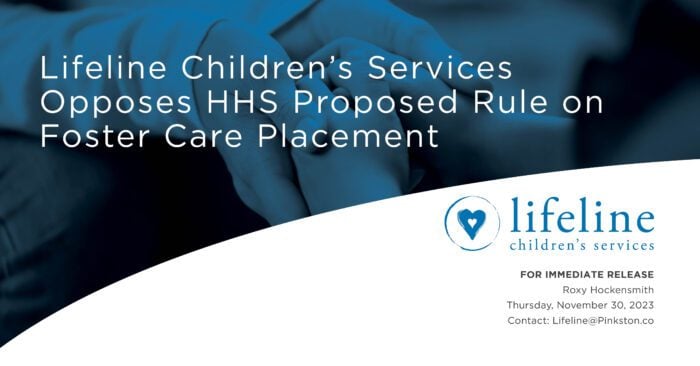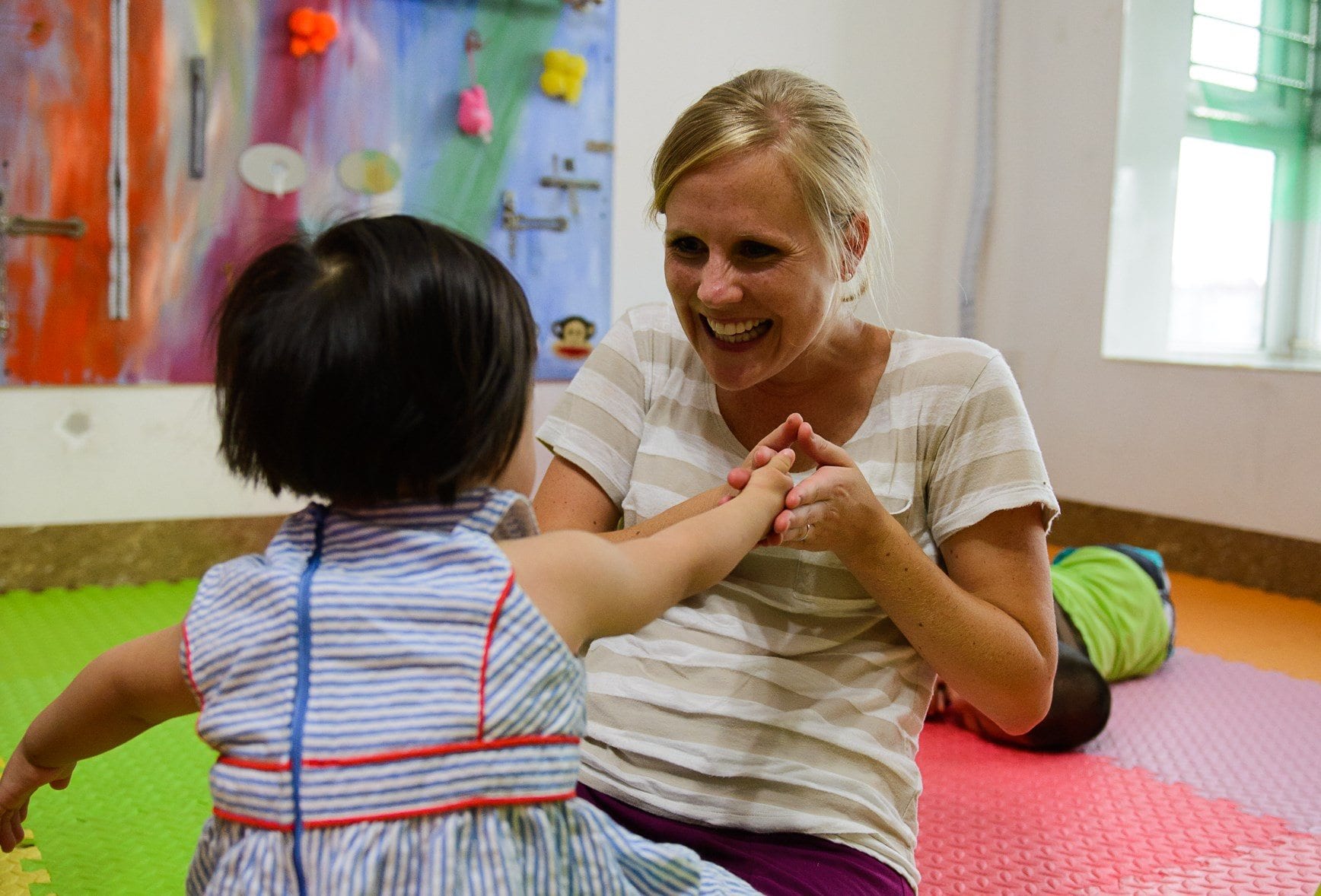Since Lifeline’s founding, our experienced staff have worked closely with children who have faced severe trauma and loss. Lifeline was burdened with the desire to see something more be done for children, even before the adoption process. In addition, countless children will never have the hope of adoption. As a result, we have spent considerable time over the last year reflecting on the phrase “Life Skills Education”; what its curriculum could consist of; and how it could be implemented in the context of what the Lord has us doing internationally.
Life Skills training is a word that is often used in regard to orphan care, but it has many different applications. In our work, we have seen tremendous need to equip those who are most influential in the lives of children: their caregivers. There is great need for teaching caregivers how to care for children through proper developmental knowledge in feeding, motor skills, speech, and therapy. Finally, there is a vast need for children to be equipped in areas like character and identity, and how they relate to others socially in their community. With these overwhelming needs in mind, the Lord gave Lifeline Staff members, Whitney White and Allison Fuqua, along with our (un)adopted Director, Matt Laughlin, the opportunity to create a curriculum called LSET (Life Skills Education Training).
The LSET training takes place within our partner orphanages, and includes three primary aspects:
- Caregiving Education encourages caregivers in the importance of their role, particularly as they consider the background of the children within their care. Topics included in this portion of the training are attachment and trust, managing behavior, the holistic approach to care, and keeping a positive perspective.
- Developmental Education emphasizes the continual development of children, including physical, emotional, social, spiritual, and communicative development. We share activities to encourage development and explore the aspects of therapy education that can benefit the child.
- Vocational Education focuses on equipping children for their future and the importance of a caregiver in helping children The training engages in sharing educational tools, life navigation skills, character development (including biblical principles for life), and tangible job training.
This work aligns perfectly with Lifeline’s mission to equip the body of Christ to manifest the Gospel to vulnerable children and is, therefore, deeply rooted in the heart of Lifeline. As this curriculum has come together, Lifeline has been given the incredible opportunity to not only invest in children through (un)adopted trips, but to invest in the caregivers who are tending to the children daily. They are the ones who have the opportunity to teach these children how to love, trust, and have meaningful attachments and relationships with others. These caregivers are laying the foundation for the rest of these children’s lives. This type of approach, when coupled with God’s restorative power, can absolutely bring about healing in the lives of children who have come from extremely difficult circumstances.
The Lord is already using this curriculum with our strategic partners internationally as we have the opportunity to come alongside them and equip them for the work that the Lord has called them to. For 2015, Whitney, Allison and Matt began implementing this training material in select places: Peru, DR, China, Uganda, Liberia, and Togo,
One of Lifeline’s distinguishing moments from 2015 was seeing God’s transforming power when we were training caregivers in China.
Since Lifeline opened the doors of the China Foster Center in July of 2014, the impact caregivers have had on the children’s lives has been immense. We saw children whose lives had been drastically transformed in a few short months through receiving adequate care. It is a joy and a testimony of God’s grace and provision we are able to train and equip these caregivers to raise the bar even higher.
Unfortunately this situation is not the story everywhere. We visited a facility where the number of children vastly outnumbered the caregivers. Lifeline staff have witnessed children who have stopped crying because they learned it would not garner the attention they needed; children whose bodies were withering away due to malnutrition; children who had yet to experience love and happiness or what it feels like to smile and laugh. Our staff saw children who are the epitome of “the least of these.”
Lifeline invited the outnumbered caregivers of these children to the training we were offering for the foster center staff; much to our surprise, they said they would come to one day of training. After the first day, we were surprised again when they wanted to come back the following day. After the second day of training, we were elated when they said they wanted to come back for yet another day. As they sat, we taught them about caring for children holistically, about attachment and trust, and they began to see that these children deemed as “orphans” had potential. Although it may have seemed like a foreign concept to begin with, we believe the Lord was teaching them that these children have value. On the last day of their training, an individual in leadership of this orphanage thanked the Lifeline Staff and invited us to come to see the difference only two days of training had already made in the care of the children.
Although progress may not happen overnight, we firmly believe that He is at work, and He generously gave us a glimpse of hope for the many children we encountered in 2015. As a result of the program’s successful first year, we anticipate LSET to impact approximately 6,900 children during 2016 as we further develop this training and take it to Vietnam, Guatemala, and Haiti, in addition to the partner countries mentioned above. The total anticipated expenses for our LSET program during 2016 is $105,421.70.
God is the one who creates change, but He often uses His people as the agents to bring about the change. Through that blessing, we are grateful to have participated in His work of equipping in 2015 and anticipate what God will do through this training to impact the lives of orphans and vulnerable children. Will you join us?
